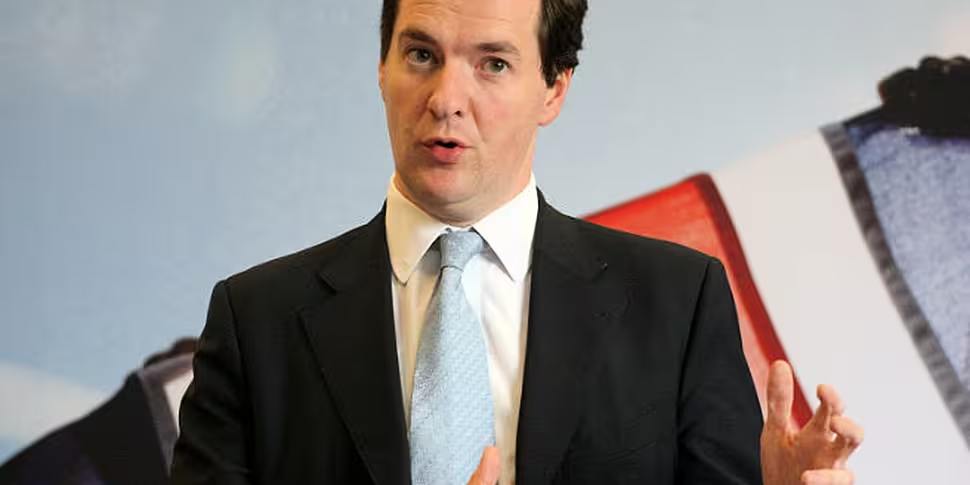With just 50 days to go to the UK's General Election, Chancellor of the Exchequer, George Osborne has told voters that they have a choice between a plan that is working - or a return to the "chaos" of the past.
As he opened his Budget, Mr Osborne confirmed the UK has grown faster than "any other major advanced economy in the world" and he said the coalition has set out a plan and that it is working.
The Chancellor urged people to "choose the future" and pledged he would "use whatever additional resources we have to get the deficit and the debt falling."
Mr Osborne announced there would be investment in manufacturing and science and promised a "truly national recovery" in which he would continue to pursue his dream of creating a "northern powerhouse".
The Chancellor continued to use his the Trainspotting-style "choose aspiration, choose families, choose the future" slogan he first set out in his conference speech.
He pledged measures:
- To back business and make work pay and create full employment.
- Investments in manufacturing and science.
- Action to support savers and pensioners.
- To back the self-employed, the small business-owner and the homebuyer.
- To help "hard-working people keep more of the money they have earned".
Newstalk's business editor, Vincent Wall joined Newstalk Lunchtime to discuss the Budget - he says that Mr Osborne has focused on pushing home the message that the UK Government has got the British economy on the right track without resorting to "spectacular giveaways."
Mr Wall also discussed the so-called 'Google tax' that will see extra tax charges being levied against companies that are suspected of hiding profits in other regions.
Full breakdown of the UK Budget:
- Deficit forecasts from Autumn Statement revised downwards to 4 percent in 2015/16, 2 percent in 2016/17 and 0.6 percent in 2017/18.
- Forecasted budget surplus of 0.2 percent forecast for 2018/19 and 0.3 percent for 2019/20.
- Borrowing forecast for this year revised downwards to £90.2bn, then £75.3bn in 2015/16, £39.4bn, £12.8bn in subsequent years - a total of £5bn less borrowing than forecast in December.
- Debt as a share of GDP falls from 80.4 percent in 2014/15 to 80.2 percent in 2015/16, then 79.8 percent, 77.8 percent and 74.8 percent in subsequent years before reaching 71.6 percent in 2019/20.
- The Office for Budget Responsibility says Britain's economy grew by 2.6 percent last year.
- Growth forecast for 2015 revised up by 0.1 percent to 2.5 percent, up 0.1 percent for 2016 to 2.3 percent, and down 0.1 percent for 2017 to 2.3 percent.
- Unemployment set to fall by 0.1 percent from 5.4 percent to 5.3 percent.
- National Minimum Wage to be at least £8 by the end of the decade - and will rise by 20p an hour to £6.70 from October.
- Farmers will be allowed to average their incomes for tax purposes over five years.
- OBR revises 2015 inflation forecast down to 0.2 percent.
- Sale of £13bn of mortgage assets held by the Government after the bailout of Northern Rock and Bradford & Bingley is going to be launched. This will be used to pay down the national debt.
- Squeeze on public spending to end a year earlier than planned, so 2019/20 spending grows in line with the growth of the economy - bringing state spending as a share of national income to the same level as in 2000.
Originally published at 12:50









